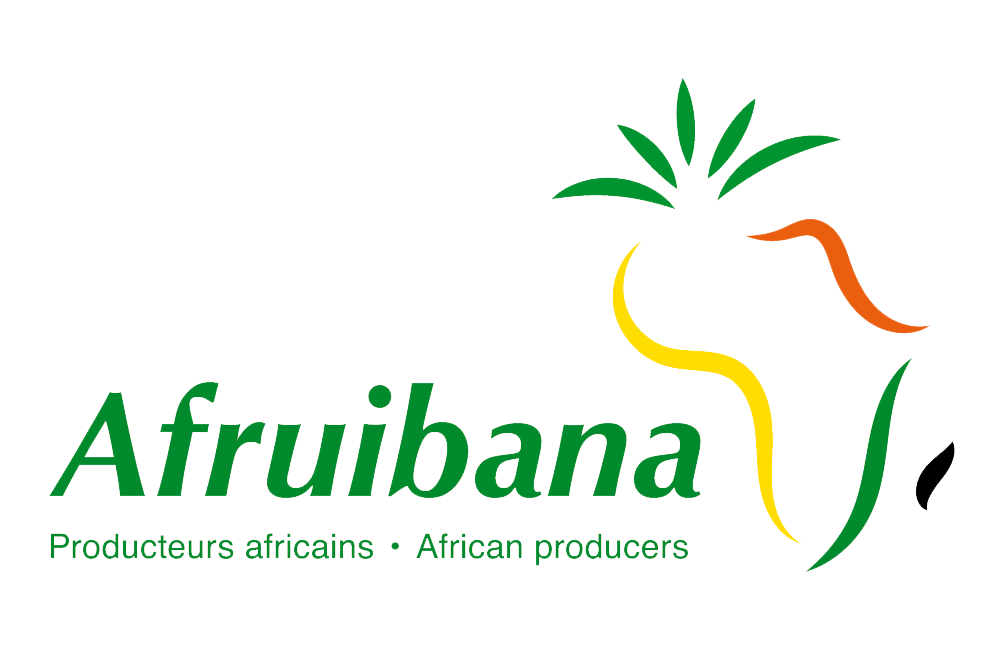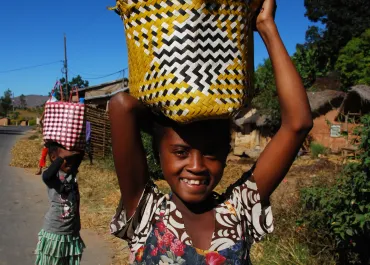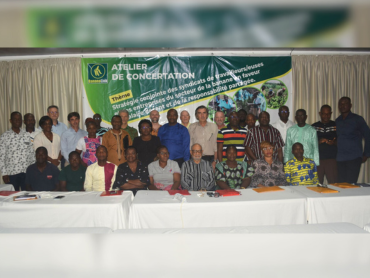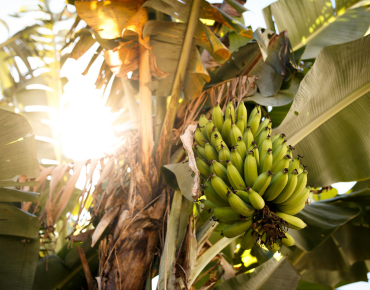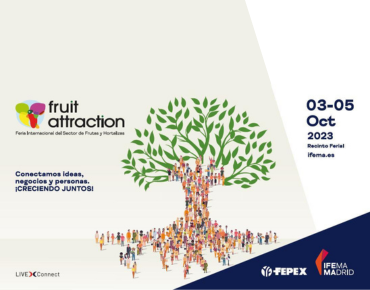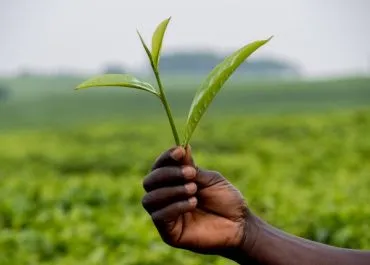
Agriculture at the heart of the agenda of Pan-African Institutions
12 February 2018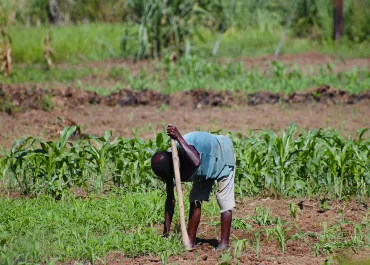
Keep an eye on climate-smart agriculture
20 May 2018For several years, Europe has been facing regular milk crises, a situation accentuated by the abolition of milk quotas. As early as November 2015, the German Minister of Agriculture raised the idea of getting out of the milk crisis to increase sales of German dairy products on the world market, especially to Africa.
Many NGOs had been critical of this decision, aiming to turn Africa into a “garbage market” to use the virulent expression of some. The risk is indeed to create real distortions of the market, harming the development of African countries whose sectors are not sufficiently competitive with the European industry. Moreover, the Common Agricultural Policy (CAP), often denounced as a form of dumping by third countries, may have collateral damage on developing countries.
With the end of milk quotas and the surplus of European production, the milk market is facing a great deal of price volatility. As a result, European milk floods Africa in the form of powdered milk at unbeatable prices. According to a joint study by SOS Faim and Oxfam, skim milk exports to West Africa have tripled since 2009. Between 1996 and 2013, West African milk imports rose from 6 to 2.1 million tonnes of milk equivalent.
Given the current population growth in West Africa, local production, even if it is increasing, is not sufficient to meet the demand. It is therefore a wise balance between European imports and local development of milk production that must be found. As Harvard economics professor Dani Rodrik explains, it is a form of “intelligent protectionism” that needs to be put in place. Most local actors, in the agricultural or industrial sectors, have limited capacity and a fragile production ecosystem (input suppliers, logistic actors, means of financing, etc.). This is why certain protective and accompanying measures are necessary, for milk as for other sectors.
On the other side of the Mediterranean, the European Union must adopt a comprehensive and structured approach to its policy with Africa. Too often, the EU divides diplomatic, economic, security and cultural fields. However, we can not want to fight against migration, want to promote the development of African countries and can not take into account the fragility of some local sectors in the face of competition from European products. For a win-win partnership between Africa and the EU, trade cooperation must be combined with an analysis of its impact on local development. Without this, we can not hope to make the Euro-African whole an axis of common prosperity.
